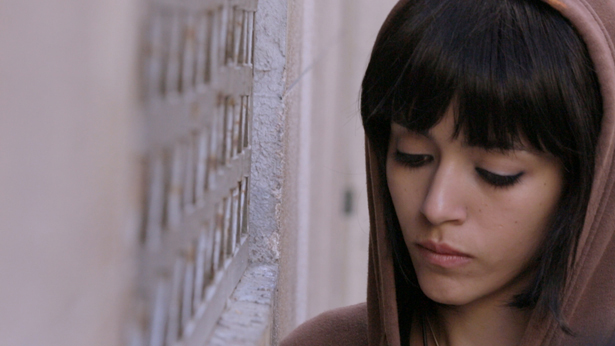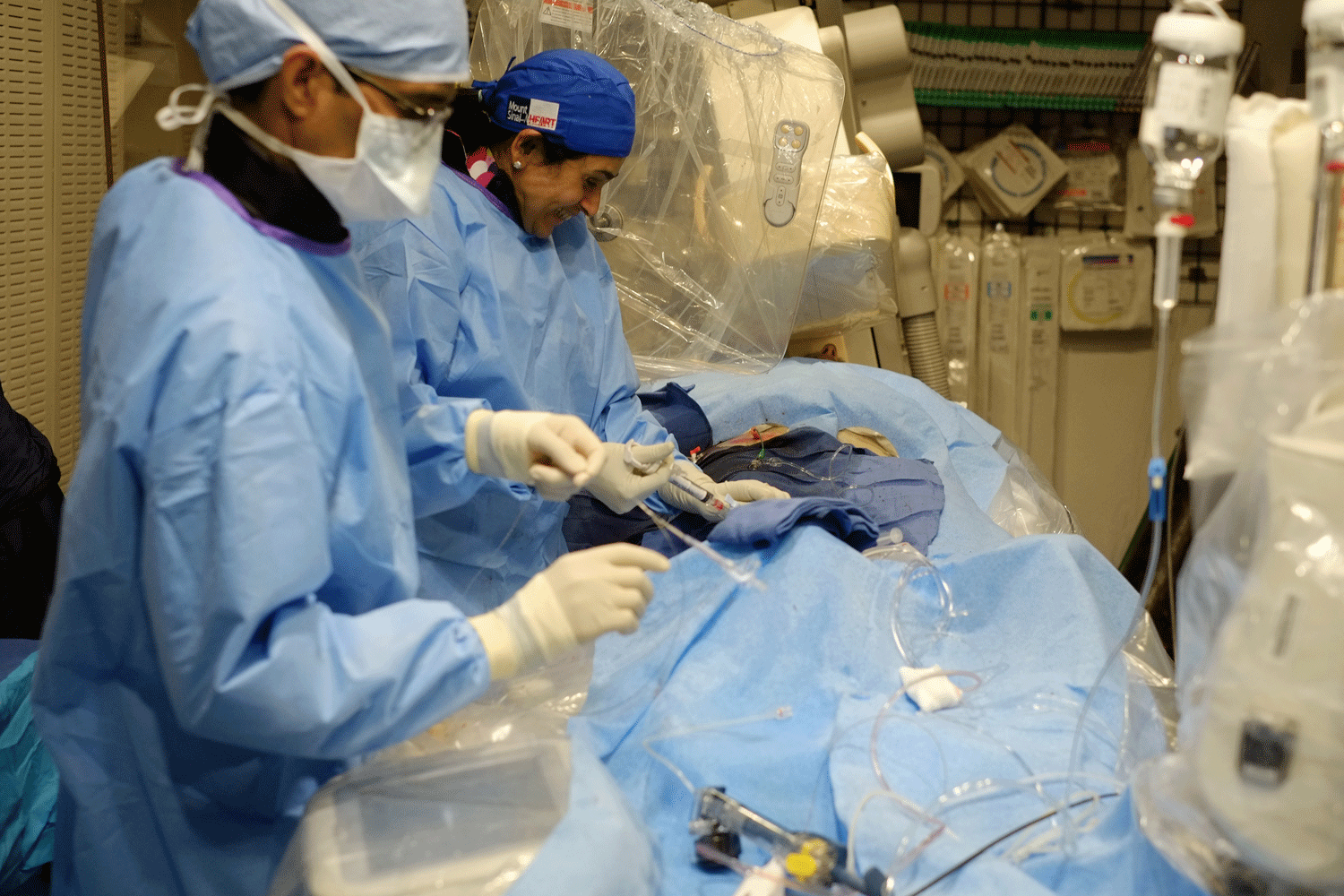Alissa’s note: Ken Morefield, a long-time contributor to Christianity Today Movies and a cinephile and critic for whom I have great respect, writes a monthly post we call “The Long Tail.” Each month, he looks at a few films that are being primarily distributed to American audiences through DVDs or Internet streaming and tries to surface some movies that might otherwise fly under the radar. Look for a new column every first Tuesday of the month!
Now entering its thirteenth year, Film Movement’s “Film of the Month Club” is cherished by fans of world cinema who may not be able to afford to attend festivals. Subscribers get a feature film on DVD, often weeks or months before that film is available via streaming outlets.
The Club’s January and February selections highlight the value of the service, particularly for those of us who don’t live in major metropolitan areas and don’t have access to specialized brick-and-mortar DVD outlets. Love Me and Traitors are interesting, engaging films that transcend their genres largely because they don’t play out their genre stories in settings with which American viewers may be unfamiliar.
 Film Movement
Film MovementMaryna Gorbach’s and Mehmet Bahadir Er’s Love Me is a cross between Pretty Woman and The Hangover, with just a splash of Before Sunrise. Cemal (Ushan Çakir), a Turkish man on the verge of an arranged marriage, is dragged by his uncle to a bachelor party weekend in Ukraine. In a landscape of brazen sex industry tourism, Cemal’s half-way decent guy credentials are established by his reluctance to engage in prostitution—at least in its official forms. Whether he can withstand the peer pressure to take advantage of the locals who may not be professionals but are still willing to barter sex for money is another story.
Eventually he meets Sasha (Viktoria Spesivtseva) at a club. She’s been treated shabbily by her sugar daddy who makes it clear that the cost for her apartment is that she must be ready and willing whenever his schedule permits and to understand that he has no intention of ever entering into a relationship with her. Sasha goes clubbing in anger, ostensibly to rebel against her patron. The film is deft, though, in making it clear that she is also ashamed and humiliated by her condition, and much of her hatred is channeled inward, resulting in self-destructive behavior.
If Love Me’s premise is utterly conventional, its execution is surprisingly complex. Once an unexpected interruption keeps Cemal and Sasha from consummating a strictly mercantile hookup, the couple slowly begins to sense they both want something more than a one-night stand. What that “something” might end up being is impossible to articulate, both because of the language barriers preventing them from using words to lie or shield themselves and because of their internalized impotence in the face of family, social, and economic pressures.
One can understand Love Me without any external knowledge of Turkey or the Ukraine, but seventy-eight minutes to review Kitty Green’s Ukraine is Not a Brothel will certainly help American viewers to better understand the context in which Sasha in particular is trying to make moral choices.
 Film Movement
Film MovementMalika (Chaimae Ben Acha), the protagonist of Sean Gullette’s Traitors, has a dream. It is to be a punk rock star. The film opens with her group performing their anthem, “I’m So Bored with Morocco.” It’s about corruption and phoniness—all the things that young people hate about their lives wherever they live. The next rung in their climb up the ladder towards being successful rebels is cutting a demo record. That step requires money, and money requires working within a system that is easier to rail against than to navigate.
To be fair to Malika, she tries everything she can think of to raise two months’ salary in three weeks. She asks her father for work in a mechanic’s shop. She cruises bars and tries to scam a prospective john who assumes she is a prostitute. Ultimately, however, getting that kind of money means doing something illegal, and Malika finds herself drawn into a small band of drug traffickers. The central sections of Traitors are the most rote, but they do retain some serious tension since we appear to figure out before Malika does that the people she has fallen in with are not the sort to let her make one big score and walk away.
One of the nicest scenes in the film comes early when Malika sits in bed and tries to answer her sister’s queries about whether or not one can succeed in life as a punk singer. Only if you are really, really good, Malika replies. And only if you work very, very had, she adds. And even then, she concludes, you still have to get lucky. That’s the world she lives in, and it’s a world that many young people the world over, not just in Morocco, will relate to.
Like Love Me, Traitors takes some unexpected turns in its last act. Only then does the film reveal what it is really about—how much harder it is to live out your professed ideology than it is to scream it at the top of your lungs.

Finally, a quick reminder that Patrick Forbes’s The Widowmaker follows a brief theatrical run with a streaming release this month. A documentary about coronary artery scanning is a tough sell, I know, but it’s a four dollar, ninety minute investment that could save your life. Over six hundred thousand Americans die of heart attacks each year, more than from all forms of cancer combined. Check out the film and you can see what the medical community is doing to help identify who is most at risk—and why insurance companies are resisting providing coverage for this important diagnostic tool.
Kenneth R. Morefield (@kenmorefield) is an Associate Professor of English at Campbell University. He is the editor of Faith and Spirituality in Masters of World Cinema, Volumes I, II, & III, and the founder of 1More Film Blog.












